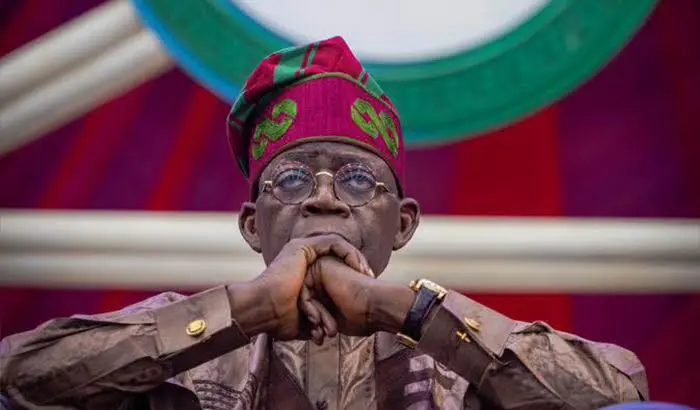The Presidency’s decision to allocate N10 billion to solarise the Presidential Villa raises serious questions about the administration’s priorities in a country where millions still live in darkness.
Development Diaries reports that N10 billion has been set aside by the State House in the approved budget for 2025 to establish a solar mini-grid at the Presidential Villa.
This comes after the State House Headquarters’ overall budgetary allocation increased from N47.11 billion in the first proposed 2025 budget to N57.11 billion in the final version.
The move comes amid growing concerns over unreliable public electricity supply and the high cost of electricity for both households and government institutions.
This is also happening at a time when Band A consumers are grappling with over 200 percent tariff hikes, and countless others are not even on the grid.
According to a report by Punch, the solar project is expected to reduce dependence on the national grid and limit the impact of tariff hikes on government finances.
It is understood that the State House had to resort to alternative power due to the prolonged instability of the national grid, coupled with repeated collapses, rising diesel prices, and generator maintenance.
The question on the lips of Nigerians is, what then is the hope of the common man for electricity?
If President Bola Tinubu, who promised to fix the national power grid is now turning to alternative energy sources for the comfort of the elite, then there is no hope for Nigerians.
It reeks of a ‘solution for me, survival for the rest’ approach, further widening the gap between the ruling class and ordinary Nigerians who must contend with erratic power supply and rising tariffs.
This development shows the growing disconnect between leadership and the reality of the common man.
Recall that President Tinubu, in his 2024 New Year address, pledged his administration’s resolve to improve the nation’s electricity supply and development of more power projects.
When the president assumed office on 29 May 2023, he assured Nigerians that electricity would become more accessible and affordable for both households and businesses.
‘We will nearly double power generation and improve transmission and distribution networks. States will also be encouraged to develop their own local power sources’, he promised.
But nearly two years on, that promise remains largely unmet.
For a presidency that committed to power sector reform and equitable access, investing N10bn in a self-serving solar project, while majority of Nigerians struggle with inefficient power supply and outrageous energy bills, it shows a failure of leadership.
The real test of leadership should be improving public access to power, not insulating the elite from the consequences of failed infrastructure.
Moreover, the contradiction is glaring. On one hand, the federal government is pushing for higher electricity tariffs and urging citizens to bear with reforms, on the other hand, it is spending billions to escape the very burden it’s asking Nigerians to shoulder.
It calls into question the sincerity of the government’s commitment to power sector transformation. What message does it send when those in charge create private alternatives while public systems continue to fail?
For the average Nigerian, this move is yet another reminder of a system that appears to favour convenience at the top over meaningful change at the bottom.
It deepens frustration, fuels apathy, and breeds distrust in promises of national progress.
It is time for citizens to demand more than symbolic gestures.
Development Diaries calls on President Tinubu to move beyond promises and work with the Minister of Power, Adebayo Adelabu to take decisive steps in fixing Nigeria’s electricity crisis.
We demand urgent investment in national grid stability, transparent reforms in the power sector, and support for alternative energy solutions that benefit ordinary citizens, not just the elite. Electricity must be made affordable and accessible to all Nigerians.





